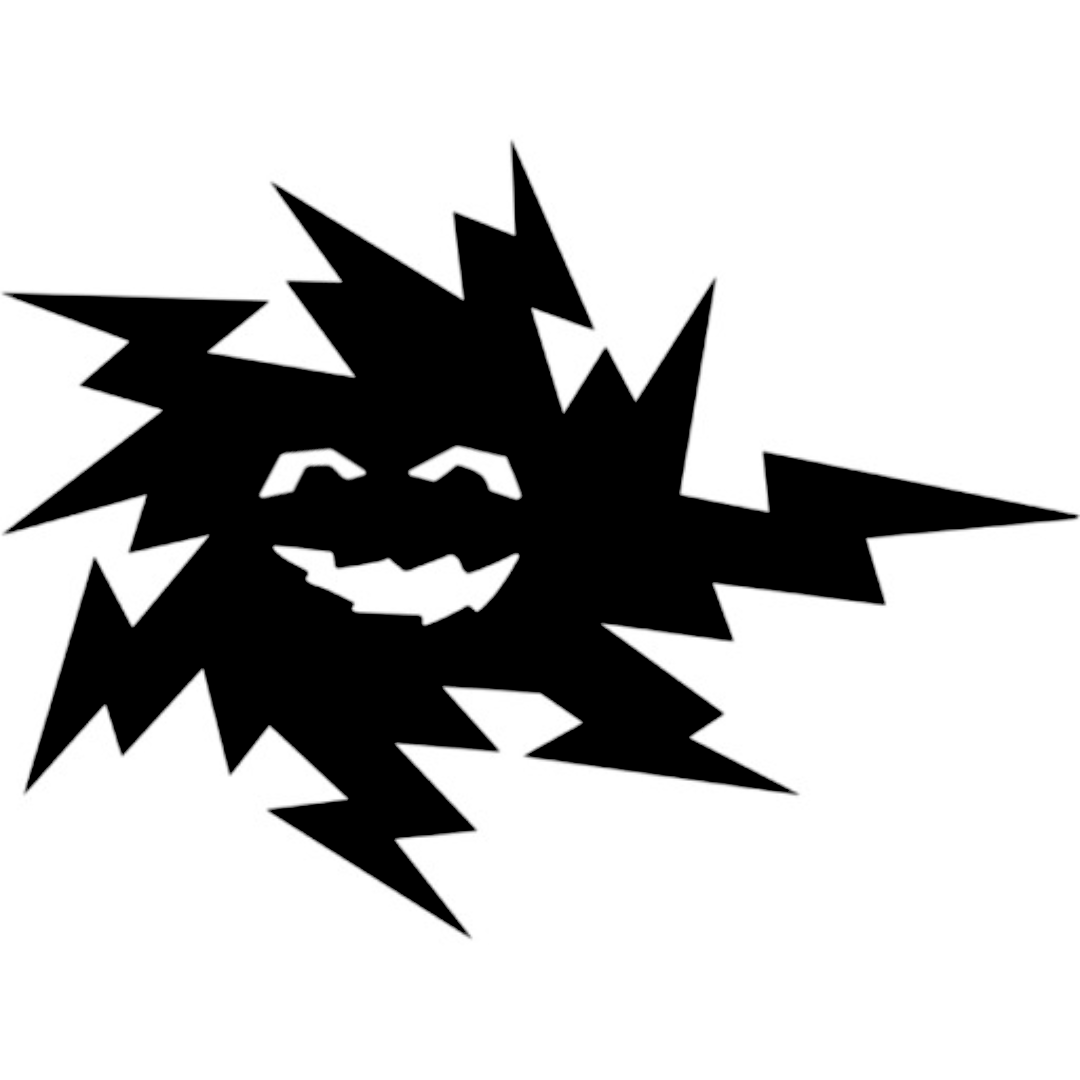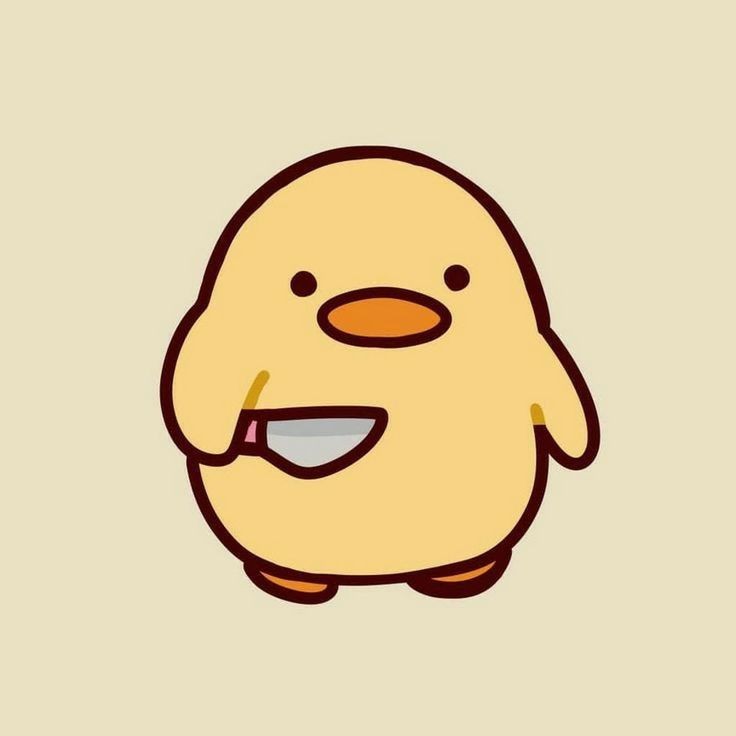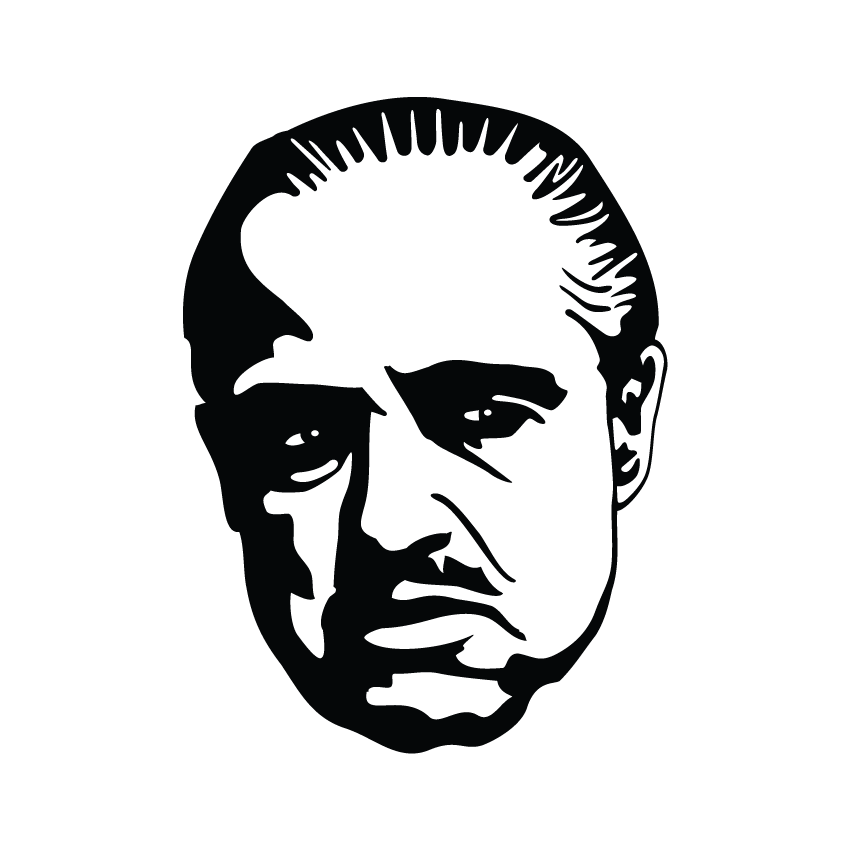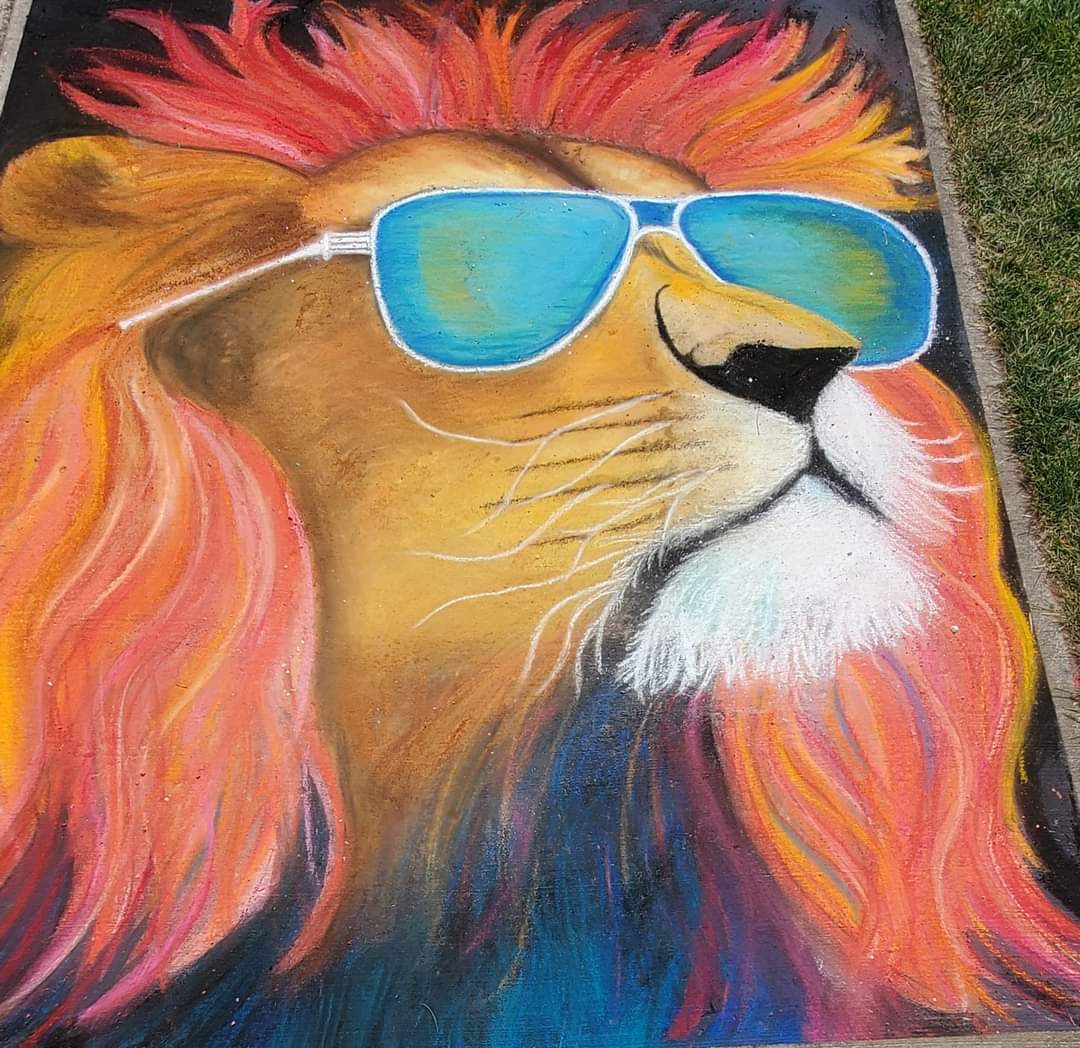I’ve got one coming up soon and am nervous as hell, as usual.
For my last interview, I used ChatGPT to help me train for it.
I uploaded the job announcement, description to ChatGPT, then asked it to be the hiring manager for that job and to ask me popular interview questions, and questions specifically related to the posted announcement.
It can take multiple prompting to get the flow right etc., but it gave me a chance to study and practice for the actual interview.
It seemed to have worked, as I had a job offer by the end of the week.
This is a great idea and use case for ChatGPT
I was thinking of doing the same thing!
I’m hlad it actually works.Thanks for sharing!
Whoa that’s kinda genius. Here I am wasting a tool by trying to get it to write Gregorian chants when it can actually do things
Vitamin d3, maybe magnesium and room temperature water, 30 minutes to an hour before the interview (time to pee). Maybe it’s placebo, but it makes me feel way less anxious in many stressful (mentally) situations.
I’m saving this for future interviews. Thanks for the tip and congratulations on landing the job!!
This is clever! ChatGPT and AI putting to good use for the benefit of oneself.
I can confirm, it worked well for me too. I didn’t have to do much prompt engineering, I just asked “Hello, can you please help me prepare for an interview?” and then “I have a job description - can you ask me interview questions based on this?”
I like to do several things before an interview. For me, the best way to minimize the anxiety is to feel prepared. I will research the company a little and try to come up with at least 3 questions I want to ask them. Asking the right questions and gauging their responses lets me feel like I have some control, and it usually reveals possible red flags.
On the drive to the interview, I will put on some of my favorite songs and karaoke that shit. It releases endorphins that helps my confidence and forces me to breath and oxygenate my blood. I tend to in the first few minutes of an interview breath pretty shallow, then when they ask me the first questions I feel out of breath and that makes the anxiety worse. While I am sitting in the lobby waiting, I breath deeply and slowly while going over my questions in my head. That way I am not death spiraling in my head and reinforcing the idea that I have some control in the situation.
That’s what I do to handle it.
Feeling prepared is really key. Something that really helped me is also preparing some phrases to fall back on if you feel like you’re spiraling.
For example, if you feel like a question puts you on your heels a bit, you can give yourself some breathing room by saying, “Let me think on that for a second.” It can help you alleviate that “oh god, I’m not talking and they’re not talking and I’m taking too long to answer, maybe I should just blurt something out but I don’t want to say the wrong thing” anxiety. You come across as contemplative and it helps keep some of those intrusive thoughts out of your mind while you put a more thoughtful answer together.
Have stories ready, and try to use the STAR method of explaining them. You can search for ‘STAR method’ on your favorite search engine and you’ll find plenty of articles about it, but here’s a quick summary:
The STAR method is a popular technique used in job interviews. It provides a structured framework for answering questions by focusing on four key elements: Situation, Task, Action, and Result. By describing the situation you encountered, explaining the task at hand, detailing the actions you took, and sharing the outcome or results, you can provide a concise and effective response that showcases your skills and experiences. This method helps interviewers gain a clear understanding of your capabilities and problem-solving abilities.
Aside from that, I always remind myself that I’m interviewing them as much as they’re interviewing me. I don’t want to work at a shitty company with shitty people, so I’m going to try and find out as much about their culture as possible.
Along with that, if they ask a question that “stumps” you, it’s usually ok to come back to that one later. You may think of a good example while talking about a different scenario.
If you need a few seconds to think, repeat the question back or ask them to repeat. Good luck!
The STAR method is great.
And it’s worth emphasizing that you’re also interviewing them. Absolutely because you want to make sure you actually want to work there, but from an anxiety perspective, it gets them talking and that takes pressure off of you. To me, the hardest part of interviewing is the feeling that I have to put on a performance and the less time I spend feeling like I have to be “on,” the better.
And to that former point, if there are things that they’re doing or along that are making you anxious, that’s something to take into account. I had one interview where I was asked a lot of weird, irrelevant questions to “test” my personality. It felt like they came straight from some bullshit, pseudoscientific article about how to vet job candidates. That’s not the kind of workplace I want to be in.
If it is severe (heart pounding in your ears, can’t think straight, tremors, etc) talk to your doctor. You might benefit from propanolol, a beta blocker (heart rate medication) that is also used in low doses for performance anxiety.
Please do NOT seek this out and take it without consulting a physician. Absolutely do not take it if you are also using cocaine at all.
Propranolol ROCKS. I know my shit. I’m actually good at interviews… except for the crippling adrenaline rush. It’s deep down in my lizard brain and I cannot control it. I’m sure it kept my ancestors alive when they were running from sabre tooth tigers, but it’s not much good today. Propranolol just switches off the adrenaline rush like a light switch. It’s uncanny. And amazing. I tried everything, and this was the only thing which worked. I regret that it look me so long to find it.
Note: don’t take it for every meeting. Save it for the big ones. Test in the range of 10-20mg. Takes about an hour for full effect. I find the effects can last 4-6 hours afterwards. I get two side effects: an upset stomach and I feel tired in the evening. I take an imodium to solve the former, and a good night’s rest for the latter.
Thank you for this. I know anxiety is “normal” in these situations, but at the same time, it’s clear that people are talking about a pretty wide range of experiences when they talk about anxiety. At the extreme end, it’s tough to even hold a casual conversation, let alone answer complex questions and demonstrate skills to an interviewer. It’s not something everyone can manage with logic and self-talk.
Curious about the cocaine comment. Does it interact with the drug that will make you sick or just a bad time mentally?
deleted by creator
You do know anxiety itself carries a heart attack risk, right? A person without anxiety taking propanolol might increase the risk, but for someone with crippling anxiety I’d wager it might be a net benefit.
I was referring to mixing cocaine with propranolol
edit: I think something broke lol
It looks like I somehow replied to every reply to the original comment and now I look like a jackassoopsie
Propanolol (and other beta blockers) … blocks a type of` receptor found on cells call beta adrenergic receptors. In the heart, beta blockers work to help with rate control.
Cocaine activates beta and alpha adrenergic receptors. Activating alpha adrenergic receptors can cause vasoconstriction.Combining them, you get unopposed alpha activity, leading to coronary artery constriction, and a significant increase in risk of heart attack.
edited to change “ion channel” to “receptor”
Your mileage may vary. If anyone tries this route, make sure to try it a couple times in lower stress situations, ideally with at least one person who knows you well so they can help evaluate if it’s making you act oddly.
I’ve tried propranolol and it tended to make me chattier, which was a step in the wrong direction since I typically try to talk through my anxiety.
I mean drugs is a last ultimatum right. First talk to someone about the crippling anxiety, friends, therapist, etc.
You’re the prize. They have a position to fill and you’re going in to see if you fit it.
The interview is every bit for you as it is for them. But don’t forget that, ultimately, they need someone and you can be that someone. You hold the power position.
That being said, dress well, be professional, present yourself well. Always put your best foot forward.
Exactly, interviews are two-way streets.
It’s totally natural! As someone who has to conduct the interview nowadays, just know that I get nervous as well before going and conducting them, too.
As someone being interviewed, I found that for me really practicing my “script” helps calm the nerves. Interviewing is really just telling a series of scripted stories, so have several lined up and just practice telling them. Interview questions are incredibly repetitive - so you can really find the stories that try to highlight your strengths and then finding a time in the interview to deploy them.
Lastly, something that helps calm my nerves is really knowing that I have some power here, we both have the ability to say no to the opportunity. So, it’s a meeting to really determine if I have the skillset that’s desired by the company and if the fit is good for me as an individual. Remembering the power balance can give you a little bit of swagger back.
Best of luck, OP!!
I literally just got out of an interview (I was the interviewer). I was nervous as well before it because I also need to convince the applicant to join my team. If I sell my team’s work as boring and my company’s vision as uninspiring, there’s a chance I could lose this candidate.
With that said, the two other interviewers and I were very impressed with the candidate. We wanted her to succeed and when we felt as though she didn’t answer the questions we asked fully, we followed up and gave her the space to impress.
Interviews are not one-sided. We want to make sure they’re a good fit for us just as much as we are a good fit for them. If you made it to the interview stage, the interviewers are already impressed enough with your profile and they just want confirmation that they’re making a good choice with you.
Good luck on your interview!
Being the interviewer helped me a lot as well. I was also nervous. I mean I picked this person to come and don’t want to waste anyone’s time.
It also helps me to think about the fact that I was asked to come to an interview and I have something to offer to the company.
Yeah this matches my usual interview advice. If you’re feeling nervous about the interview, try to turn it around in your head. Pretend you are interviewing THEM. Assume they’re going to want you, what do you want to know about them that’s going to make you say yes to them.
I know it doesn’t always work that way, personal pressures and needs can make it hard to flip that script, but I really think if you approach an interview believing it to be an equal stakes conversation rather than one side having all the power, it goes a lot better.
Propranolol and breathing exercises
i use the “fuck it” method. fuck it, who cares if you bomb it, you’re never gonna see that person again. that’s what I do personally
This has been a pretty effective method for me as well. And I also stay honest throughout about what I can and can’t do.
If you’re legitimately a good candidate, find confidence in knowing you are who they should hire. Don’t necessarily say that, but believe in yourself. Look up some common behavioral/situational interview questions and have some general answers queued up and ready. I always expect these. They put you on the spot to come up a situation that pertains to their question and when you’re nervous, that Ivan be tough. Idk what the job is, but I think all this applies to any job interview I’ve ever had. Just find a place of confidence that you’re comfortable coming from and prepare because that preparation will result in perceived confidence. Again, believe in you and your value and go be your best you. If you don’t get the job, that’s okay. It isn’t a reflection on you. There are a lot of factors and you can only control what you’re able to. Gear up and prepare for the next one. Good luck!
It’s completely normal for you to feel anxious before something like a job interview. It’s also normal to feel a bit scared of the possibility of moving jobs.
You’re going out of your comfort zone - the comfort zone being your job or whatever is going on in your life. And when you do get out of your comfort zone, you will be uneasy and unsure, and that’s just part of the process, and it’s okay.
No matter what happens, you took that initial step and got yourself a job interview. Many others don’t even take that step - employed or not. Be proud of yourself of that, and learn to understand and enjoy the process rather than thinking “I will be happy at X part of the process”.
Once you crack this, people will think you are a monk with how peaceful and happy you are :D
Congratulations on the upcoming interview!
Not sure your field or exp level at all to give specific guidance, but my main thing is to try to give yourself grace after you get through it. You won’t be able to help second-guessing everything, but things work out however they do. If you aren’t selected, it’s great to build experience going through the process. I’d recommend reaching out to the point of contacts post-interview for any feedback they can provide you with.
Edit: since you are specifically asking about pre-interview… My habits tend to be researching online about common questions for ppl in my field + just practicing my responses aloud. Going through the motions a few times beforehand makes me feel more prepared, whether those responses get used or not.
I’m telling myself that the pre-anxiety is always way worse than it should be. The interview itself is never that bad.
It’s in 4 minutes, so I don’t have much longer to feel this way!
deleted by creator
You got this!! 💪💥
Let us know how it goes!!! Wishing you the best!
Really loving the suggestions in this thread!
As someone who naturally freezes when they are put on the spot, what I’ve found really helpful is to think of the questions they’re going to ask, write or type up my answers, and practice sitting and answering the questions out loud a ton of times for each question.
The repetition helps because the first few times are going to be super awkward and it helps to get that out of the way. Then as you get more comfortable you start noticing where you might stumble over something that sounds great written but is harder for you to articulate in real life if you aren’t used to speaking that way. Practice changing the words around or using words that feel more natural to you.
By the time the interview happens I remind myself that it’s definitely normal and expected to be nervous during an interview (who actually enjoys them?) so just roll with it if it shows. And if I don’t get the job, this interview will at the very least be great practice for the next one!
Try to look at it as getting ready. Just like butterflies in your stomach before a performance. Take a breath, and know you’ll do fine!
I try to do anything to distract myself. I know it’s just anxiety and I’ll do fine but if i think about it, I’m gonna be worried.

















